Meal and Rest Periods
A Simple 10-Minute Break Could Put Your Company In Violation Of The Law
Has Your State Made Changes That You Aren't Aware Of?
A court in least one state recently "clarified" their regulations on meal and rest periods in such a way that a properly written policy that follows the law is invalid, exposing even companies in compliance with state law to legal action - over a ten-minute break!
Many states have no specific requirements that rest periods be given at all; others are quite specific in the number and length of the rest period.
For example, Georgia and Indiana are states that require no specific rest period.
Some states, such as Colorado, require that employees taking rest periods be paid for all or a portion thereof.
Others have specific guidance on how to handle classes of employees, or age restrictions, and even job duties for meal and rest periods.
A Case In Point For California Contractors
California, on the other hand, has established quite stringent standards. A California Court of Appeal ruled that an employer’s rest period policy must follow the language of the applicable Wage Orders.
Even if employees receive their meal and rest periods in accordance with the law a wrongly worded policy, or having no written policy at all, may provide a basis for a class action lawsuit.
The decision is now being used to exploit nuances between written policy language and the explicit Wage Order language.
And for companies in California, you must provide an employee with:
- a 10-minute rest period for shifts from three and one-half to six hours in length
- a 20-minute rest period for shifts of more than six hours up to 10 hours
- a 30-minute rest period for shifts of more than 10 hours up to 14 hours
The previous standard under which employees were provided only one 10-minute rest period for every four hours worked was held invalid because it should have provided for a second rest period after six hours.
Employment Laws Can Change Without Notice
State wage and hour laws relating to meal and rest breaks don’t change often, if they exist at all.
But more and more states are enacting these types of requirements for the first time and courts make rulings that invalidate policies that were once within the law.
Penalties
Penalties for violations of meal and rest period regulations can rise quite high, as they are typically levied for each incident per employee.
In California, a case can be certified as a class action, meaning large legal fees for defense, penalties and back payment of wages should the employer lose the case.
It's Relatively Easy To Stay In Compliance
Many companies regard an employee handbook as a low-priority item.
Don’t make that costly mistake!
- Make certain you are using an employee handbook from a reliable source
- Check the handbook you are using to make certain policies, such as the rest period, are up-to-date and that they protect your company
- Stay aware of employment news affecting your class(es) of employees and update your handbook – or purchase a system that comes with regular updates
Something as simple as a 10-minute break can put you in violation - scary!
-----
About the Author: Jackie Wells Smith is the editor and co-publisher of Your Employee Handbook and is frequently cited in articles and interviews. She has been a human resources director for a large retail chain and various manufacturing and construction companies, and has consulted with a variety of businesses on employee handbooks and recruiting for more than 20 years. She can be reached through YourEmployeeHandbook.com.
Back to the top of this page: Meal and Rest Periods California and Other States
Back to home page: Construction Project Management

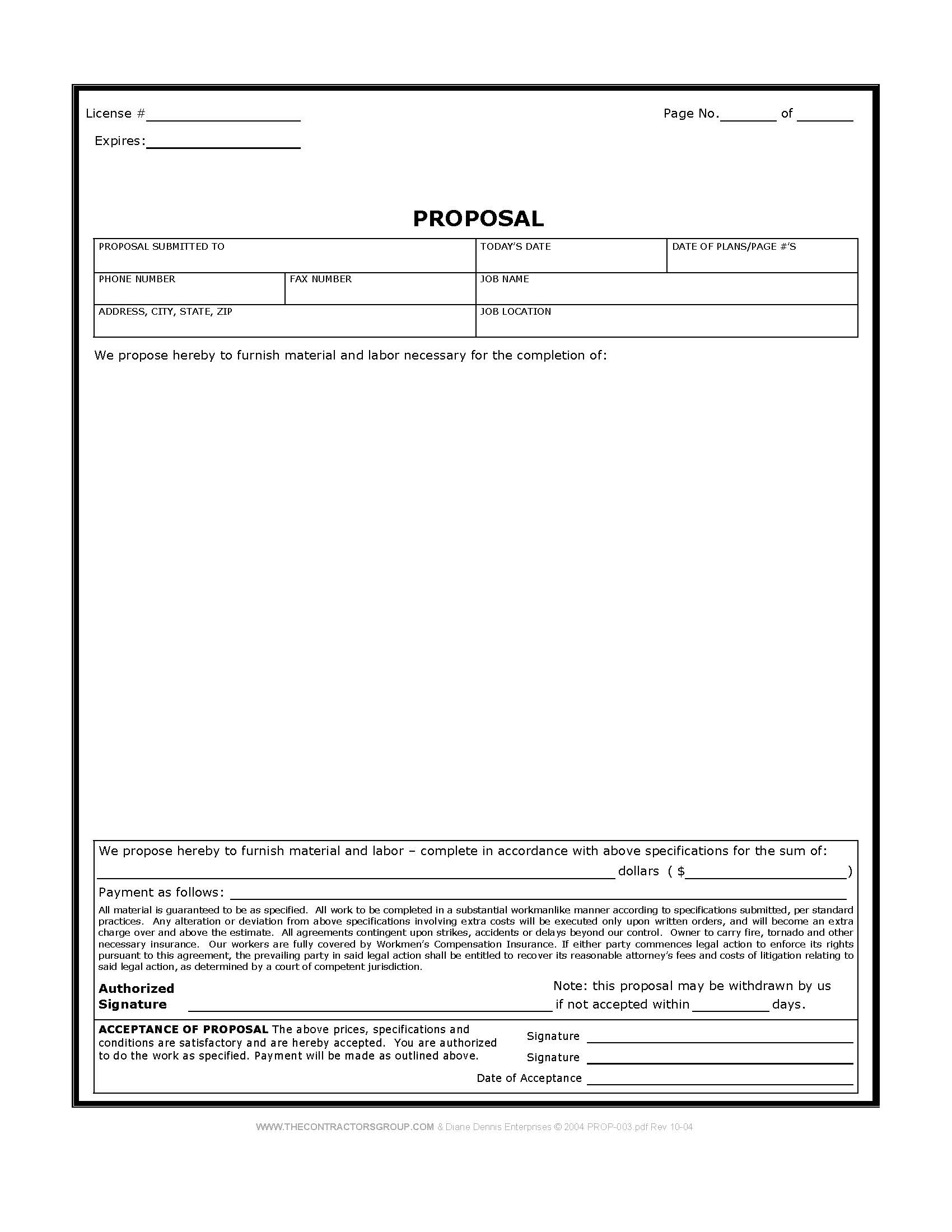
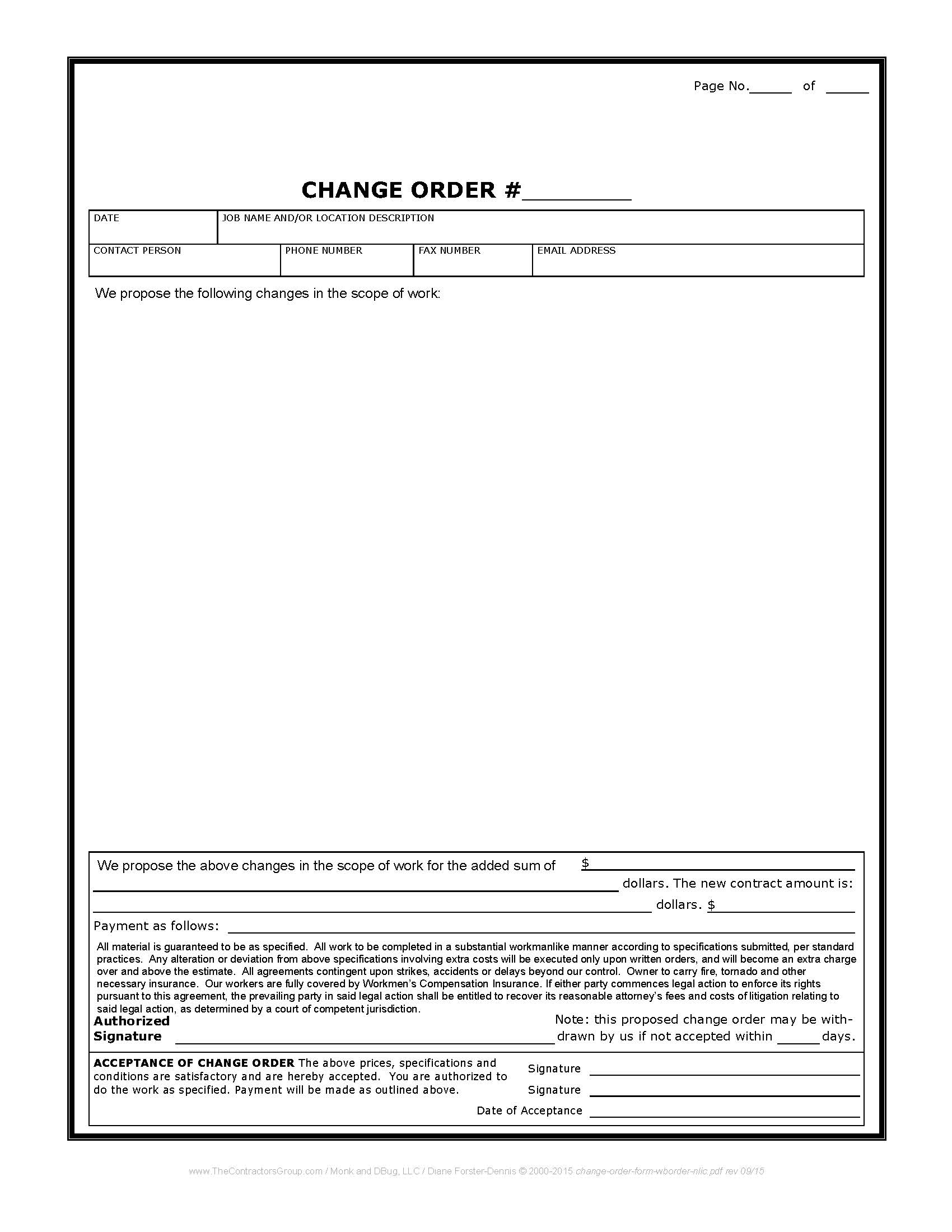
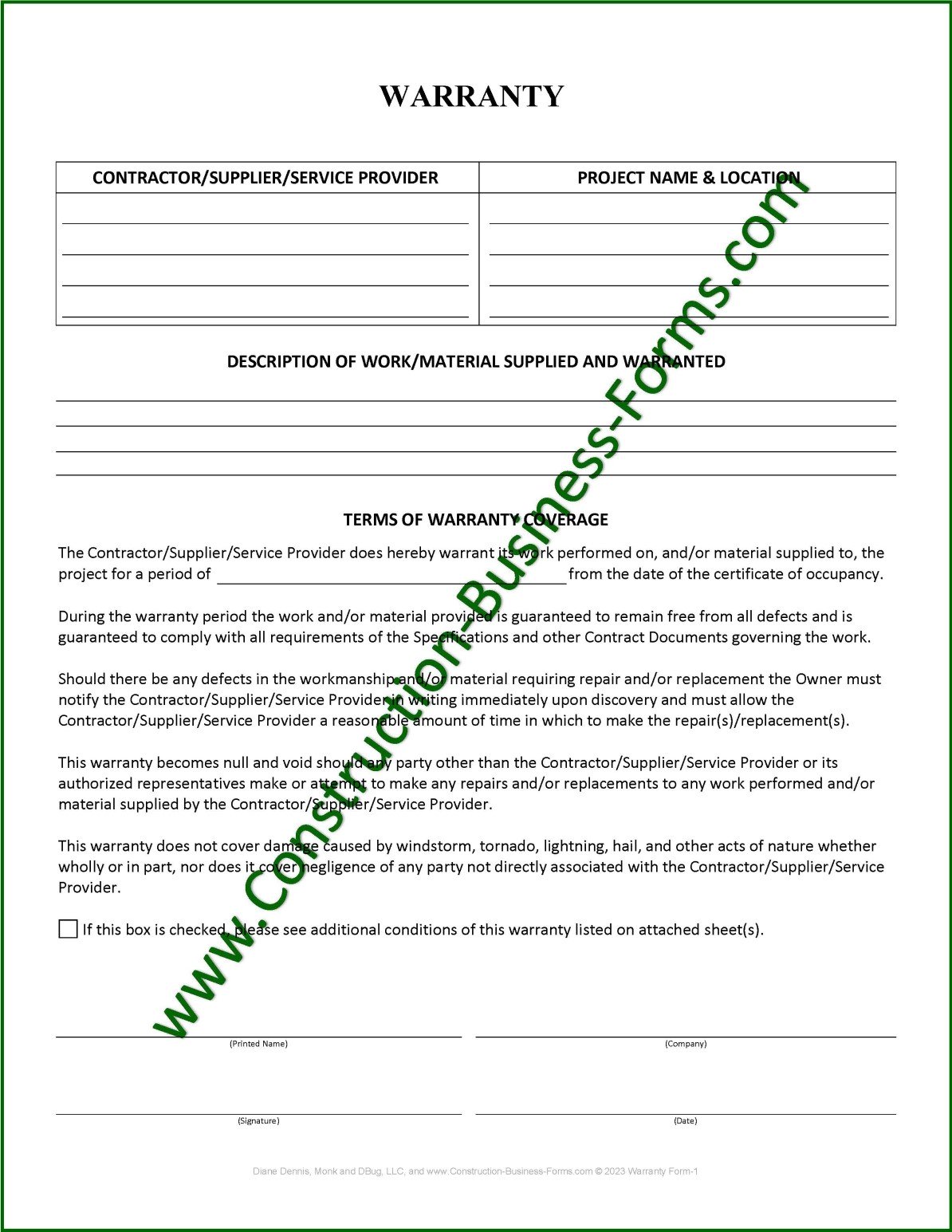
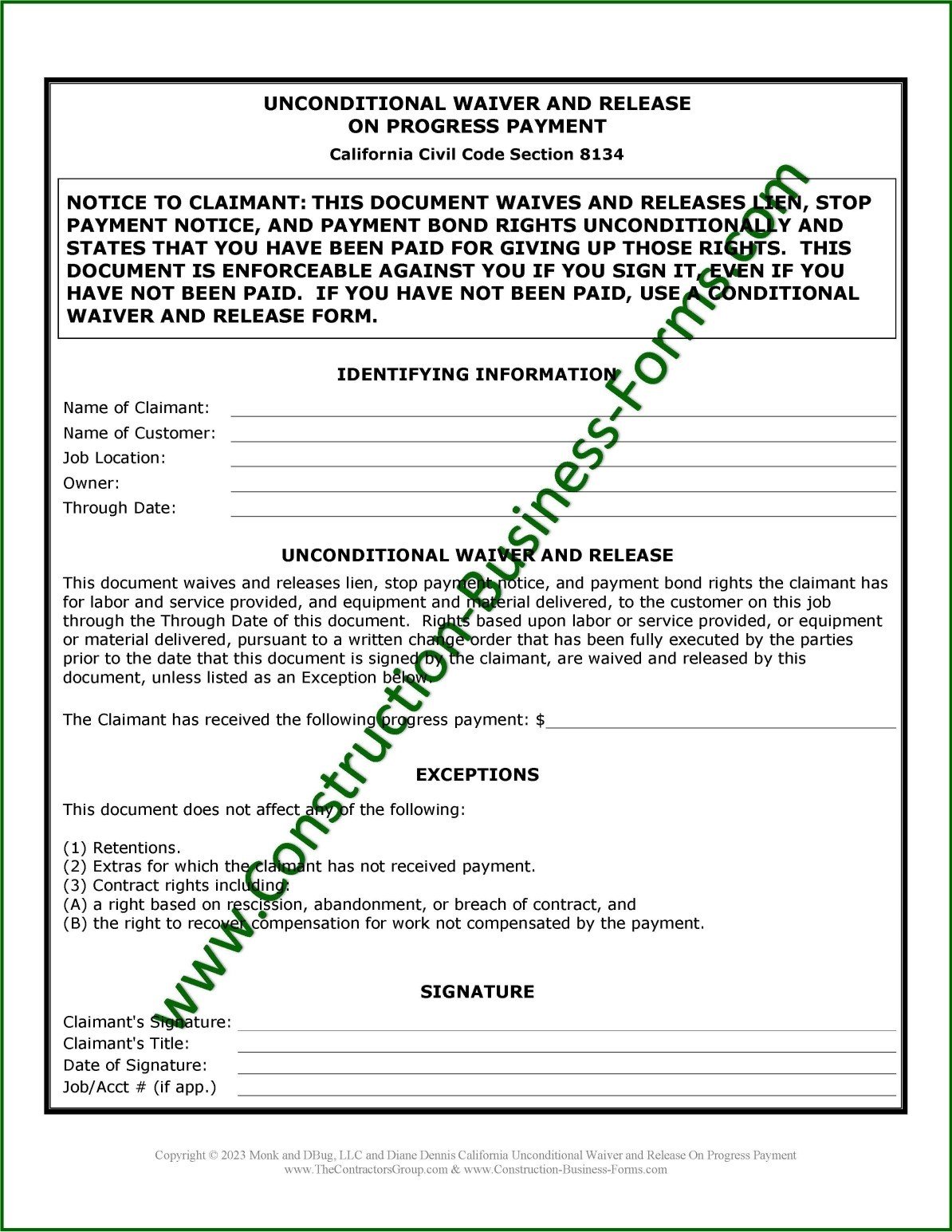
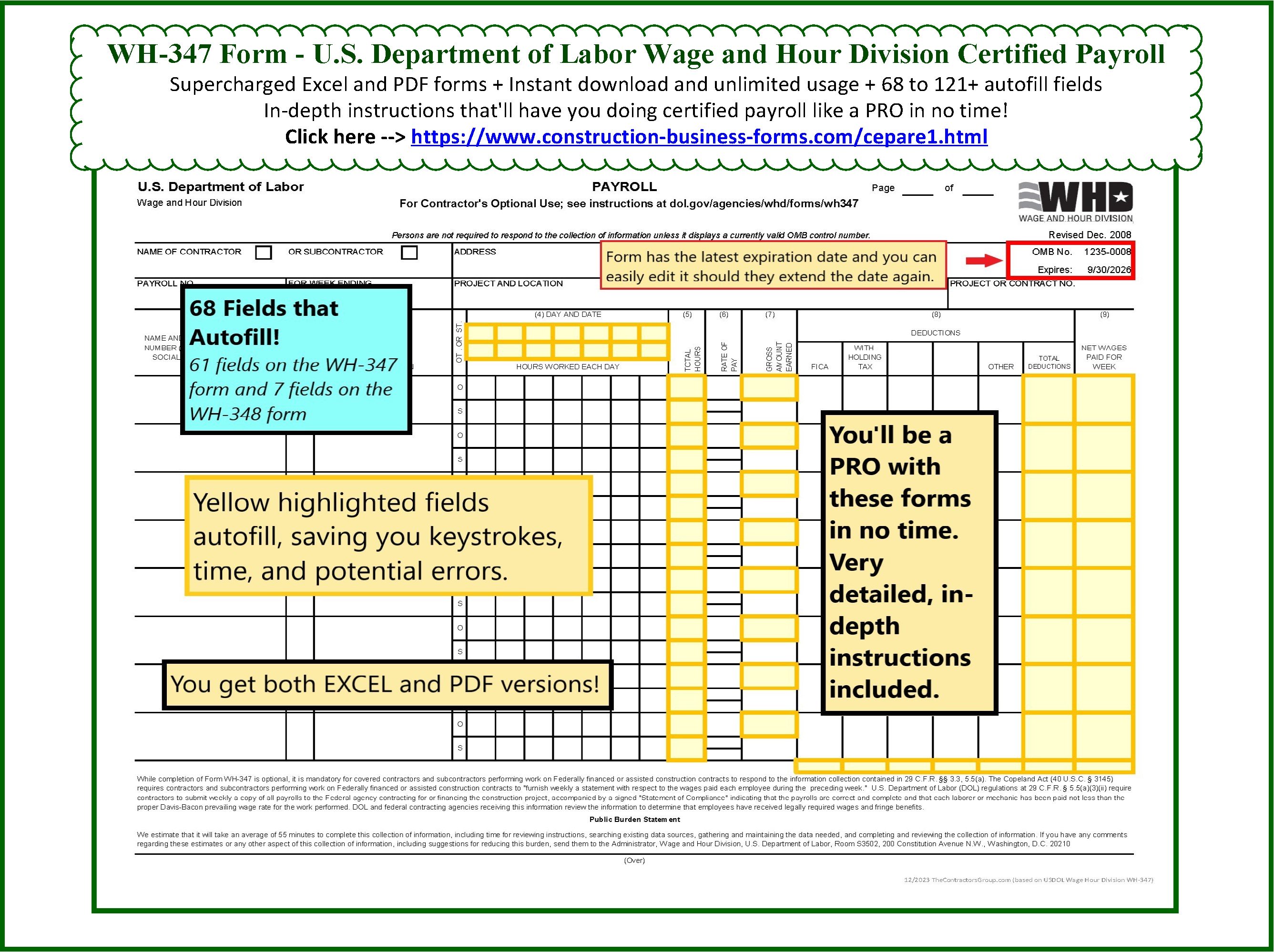


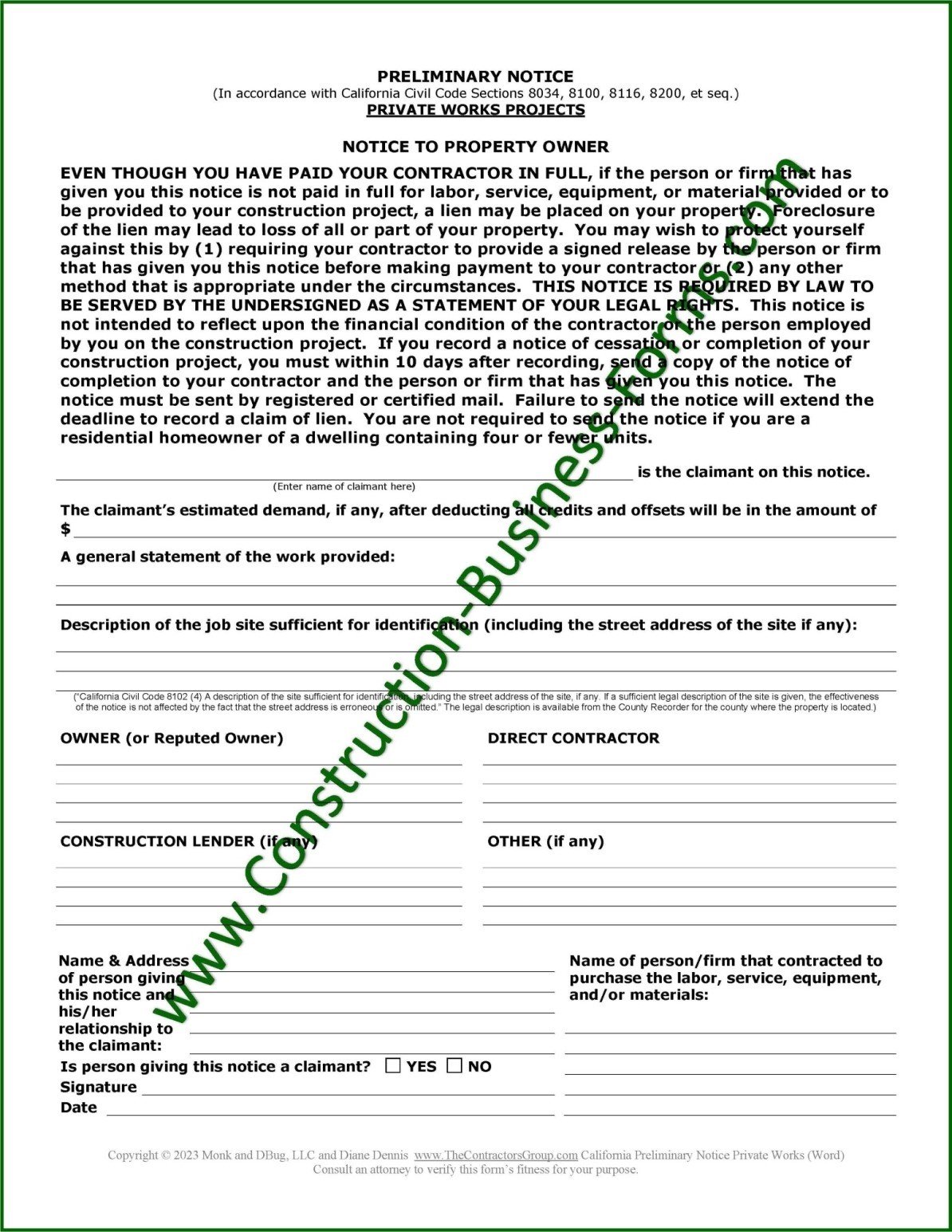


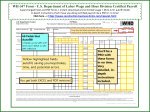
New! Comments
Please leave me your comments below. Facebook doesn't notify me of comments but I'm tickled when I come across them and I always respond when I see them.